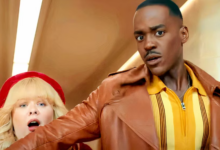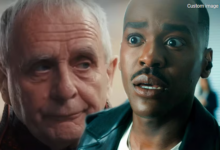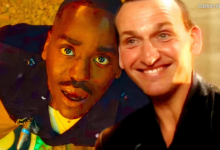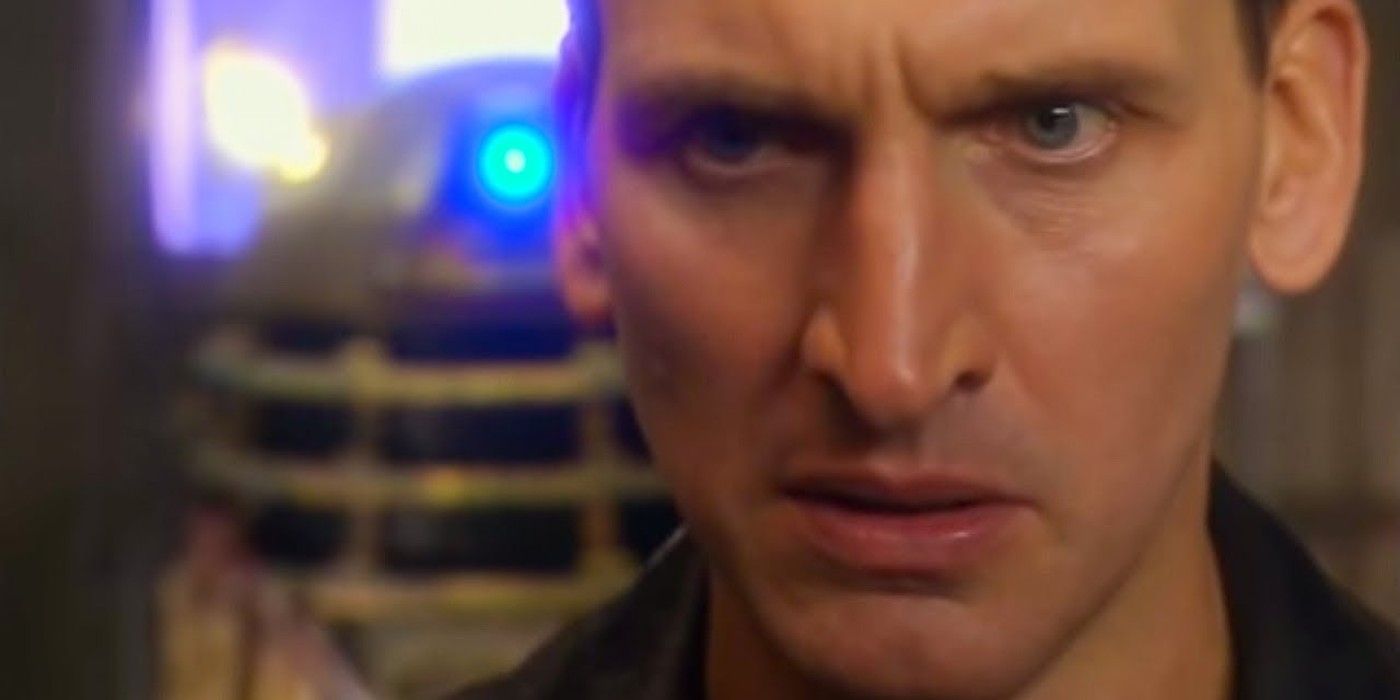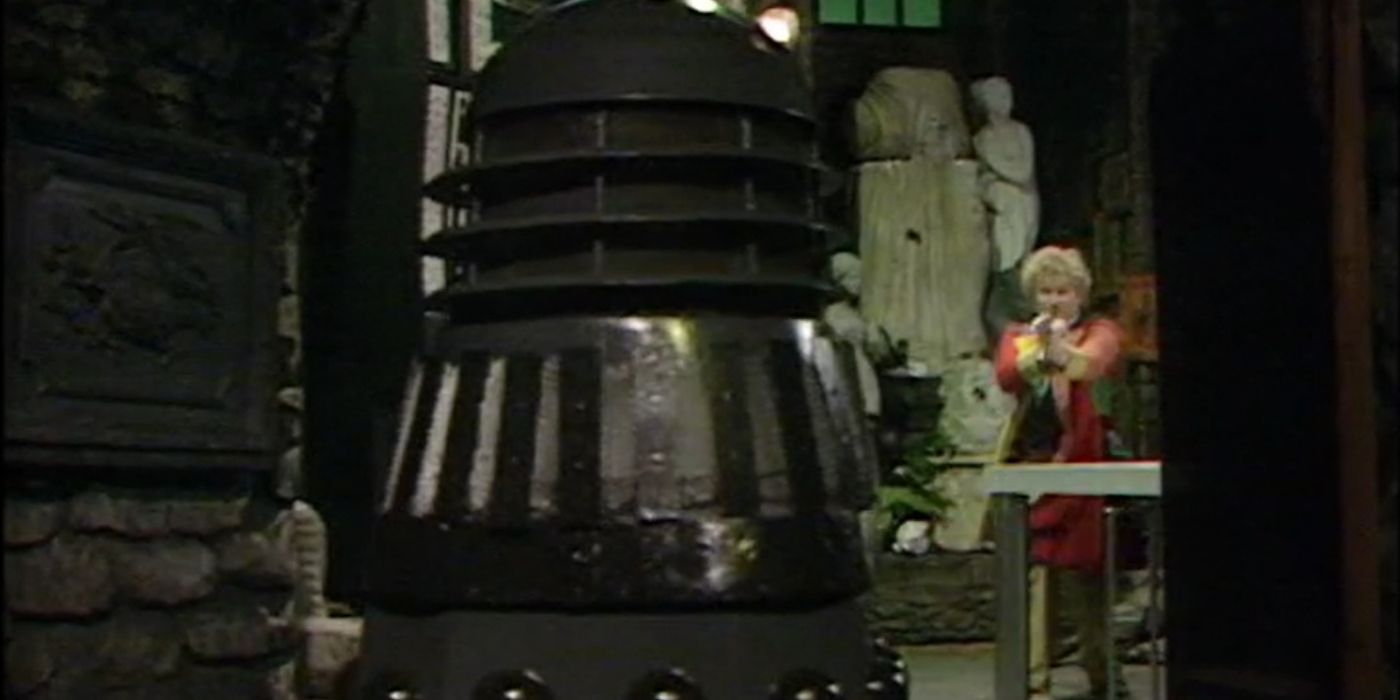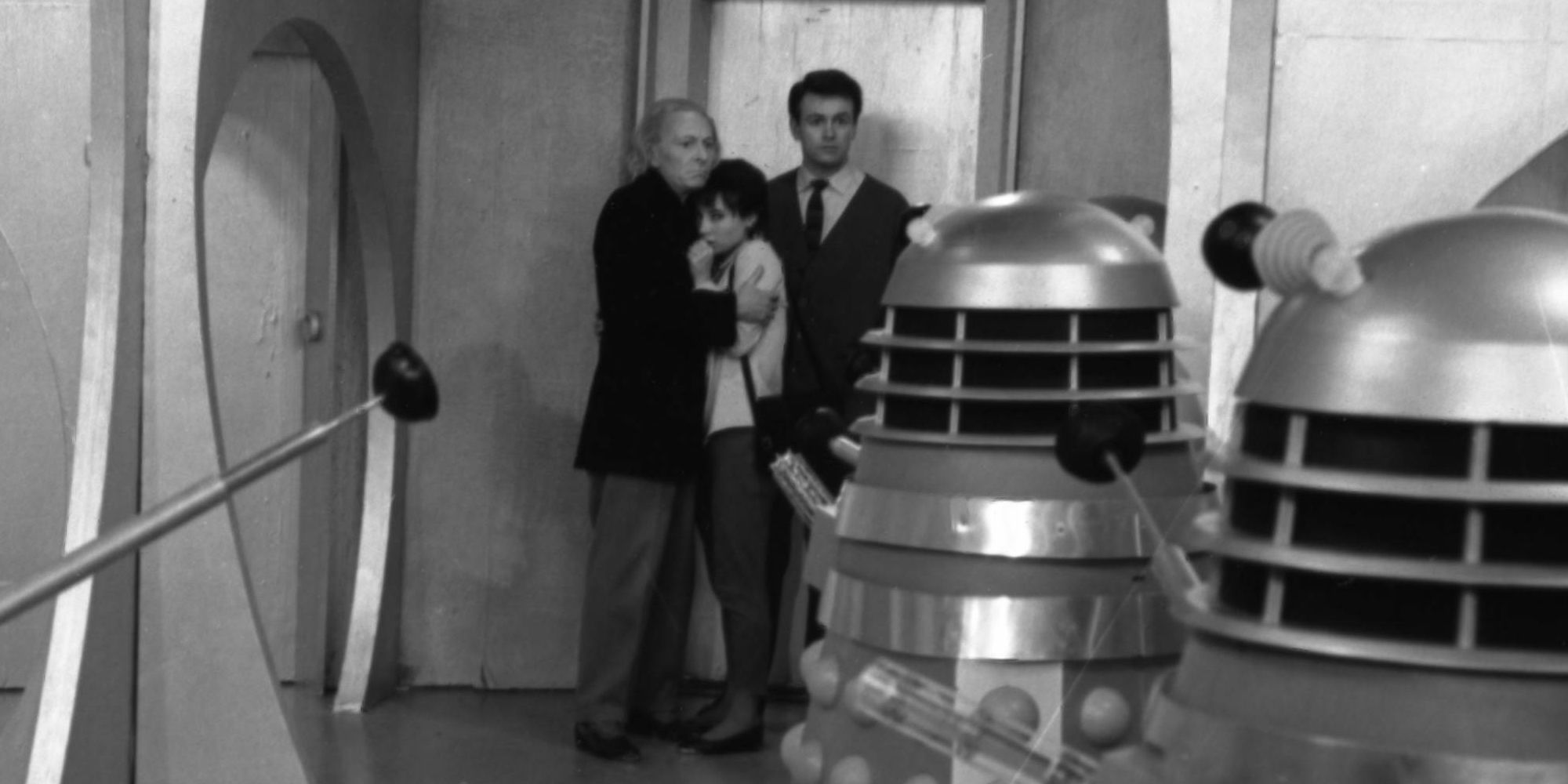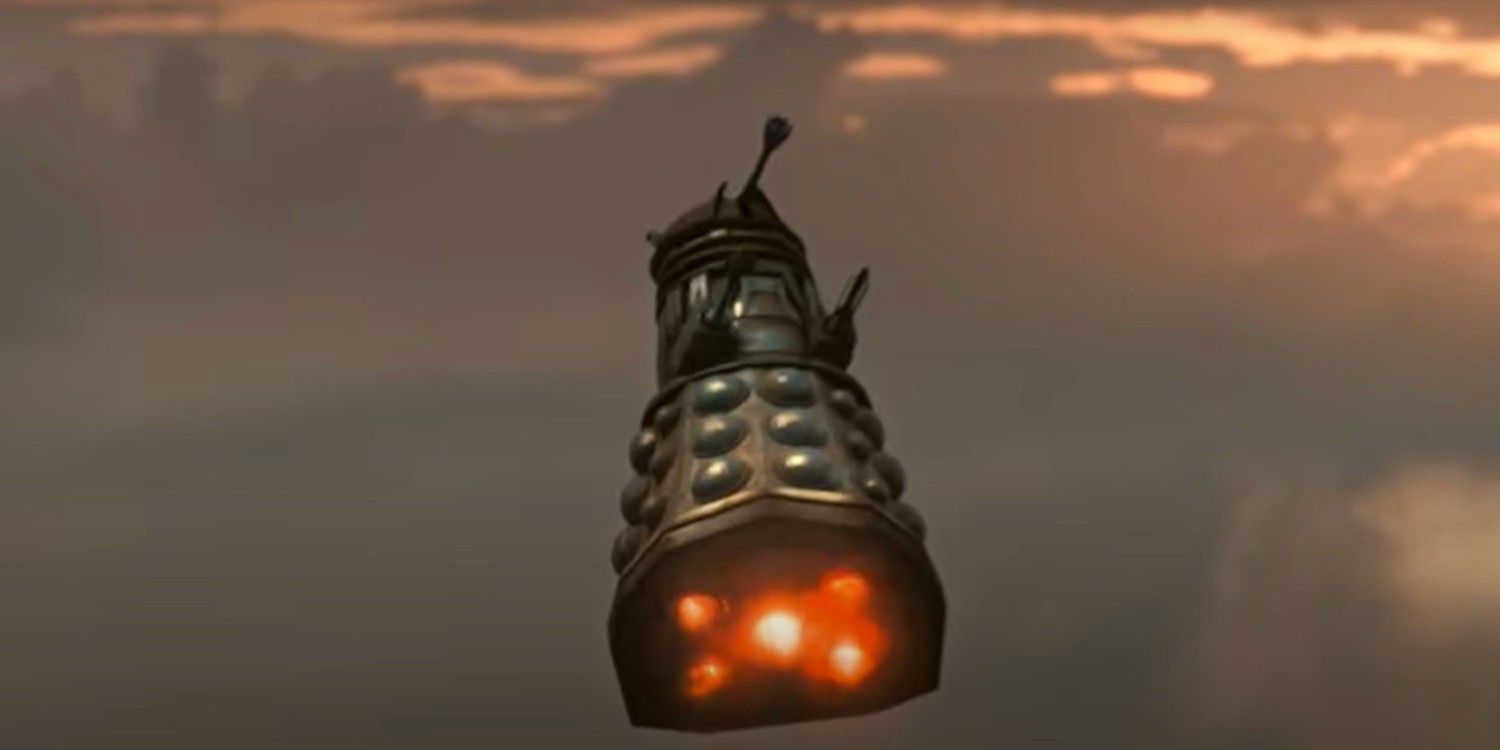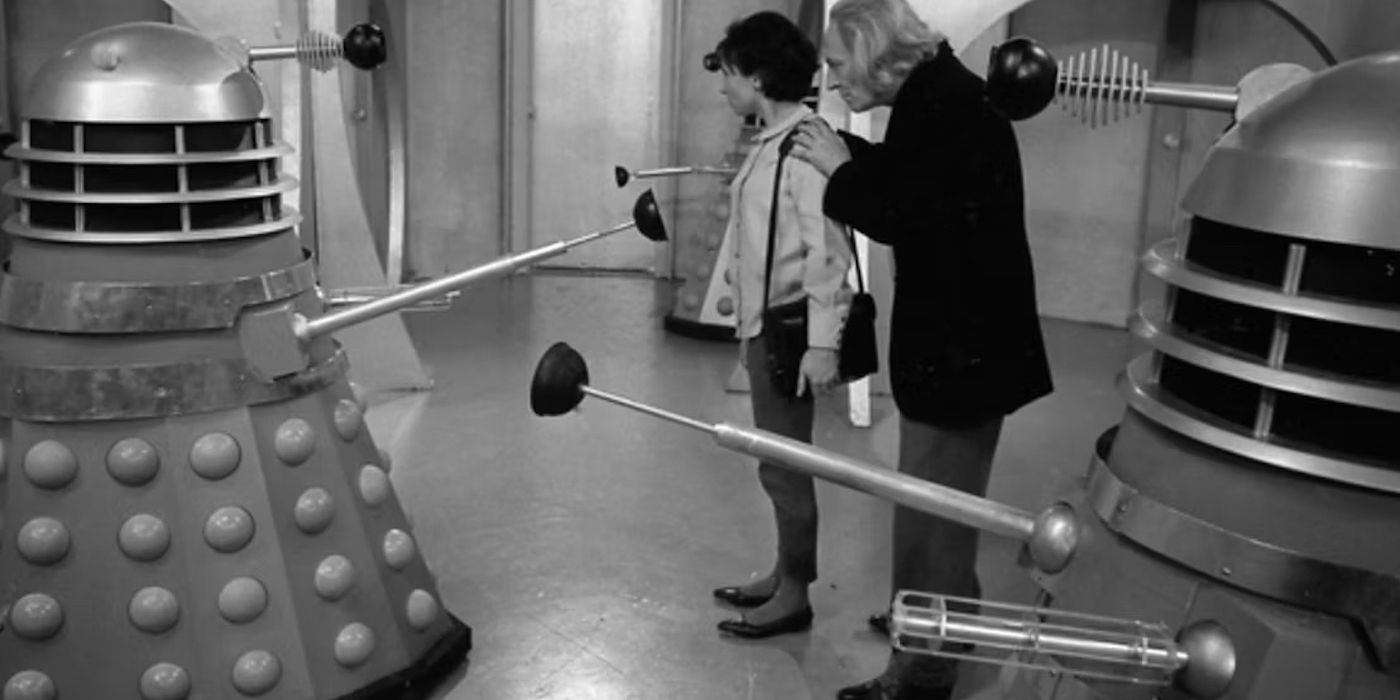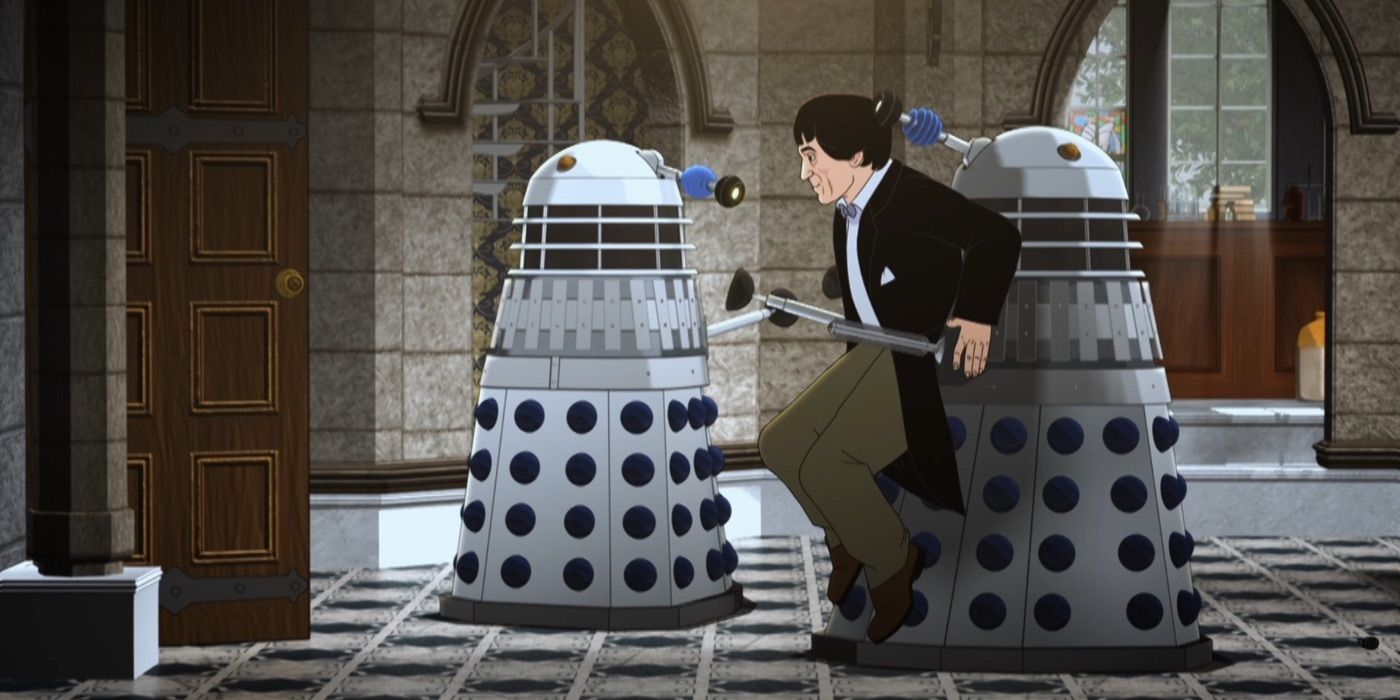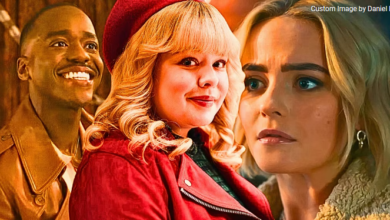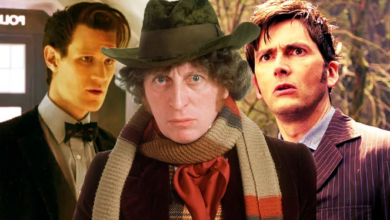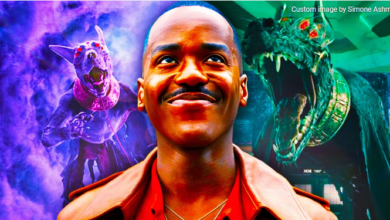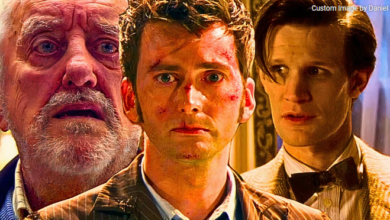Doctor Who’s Movie Got The Daleks Badly Wrong, Even Though They Never Appear
The 1996 Doctor Who TV movie got the Daleks badly wrong, even though they don’t appear. The BBC canceled Doctor Who in 1989, but the world’s longest-running science-fiction TV show still had so many fans – including those in the industry itself. Philip Segal successfully negotiated a partnership between Fox and the BBC that led to the release of a TV movie in 1996, intended as a backdoor pilot for a relaunch. The Doctor Who TV movie was sadly a failure, but it wasn’t due to lack of effort or ambition.
The Doctor Who TV movie featured Paul McGann as the Eighth Doctor and Eric Roberts as the newest iteration of the Master. Naturally, though, the Daleks simply had to appear in some capacity – even though negotiating the right to use the Daleks was fiendishly complex. They were ultimately woven into the story’s introduction, which revealed the Master had been put on trial for his crimes against the Daleks and executed. They were heard but never seen – and even this caused a massive problem.
The Daleks Granting The Master’s Last Wish In Doctor Who’s Movie Doesn’t Make Sense
Modern viewers will immediately notice that there’s something off about the Daleks in this opening scene. Even their voices sound strange; the traditional tones were felt to be hard to understand, and they were modified slightly in a manner that just doesn’t quite work (Segal would later note he wished he’d hired veteran Doctor Who voice actor Nicholas Briggs). But the biggest problem lies in the fact the Daleks apparently agreed to return the Master’s remains to the Time Lords.
This was positioned as an act of mercy, but that simply doesn’t make sense. The Daleks are the most evil race in the universe, designed after the pattern of the Nazis themselves, and Doctor Who has been quite clear: mercy is alien to their nature. As far as the Doctor was concerned, the Daleks do not even have a word for mercy, so the idea they would show this to a defeated foe is staggeringly out of character.
Other Doctor Who Media Tried To Explain The Movie’s Merciful Daleks
The plot hole was naturally apparent to the wider Doctor Who fanbase, and it was addressed in a couple of different ways. Gary Russell’s novelization added a bit of important context, with the Master making the request to the Doctor telepathically rather than it actually originating with the Daleks. This was a smart fix, because it meant the Doctor was the one showing mercy rather than the Daleks, and it even positioned the Doctor’s mission to reacquire the Master’s remains as an untold adventure.
Marc Platt’s Lungbarrow was the last of Virgin’s New Adventures range featuring the Seventh Doctor (Virgin would go on to publish one novel featuring McGann’s Eighth Doctor before the rights reverted to the BBC). This, too, subtly addressed the issue of the TV movie’s “merciful Daleks.” It revealed the Daleks had a treaty with the Time Lords, and they were required to return the Master’s remains as part of the treaty.
The problem, though, is that neither of these explanations are mentioned in the Doctor Who TV movie itself. The latter doesn’t even make sense anymore, in light of the Time War; it’s hard to believe the Time Lords and the Daleks ever had a treaty. All in all, then, this undoubtedly goes down as one of the great mysteries of Doctor Who lore.
What Doctor Who Canon Says About Daleks Showing Mercy
The Peter Capaldi era story “The Witch’s Familiar” featured a striking scene in which Missy trapped Clara Oswald inside a Dalek shell, and attempted to manipulate the Doctor into killing her. There, the Doctor realized the Dalek’s true identity when it uttered the word “mercy” – one he believed to be entirely alien to Dalek vocabulary. He wasn’t entirely correct; Daleks had appealed to River Song for mercy on one occasion. Still, the point is illustrative, and indicates the scale of the problem.
There is, however, one potential explanation based on the Dalek timeline. In “The Evil of the Daleks,” the Second Doctor effectively created a new offshoot of the aliens by introducing the Human Factor, triggering a civil war on the Dalek homeworld of Skaro. It’s possible the Daleks who put the Master on trial were in fact a colony of these humanized Daleks, further evolved (thus with different voices), with a treaty with Gallifrey and a desire to put the Master on trial rather than simply exterminate him on sight. This almost certainly wasn’t Doctor Who‘s intent, but it fits.
